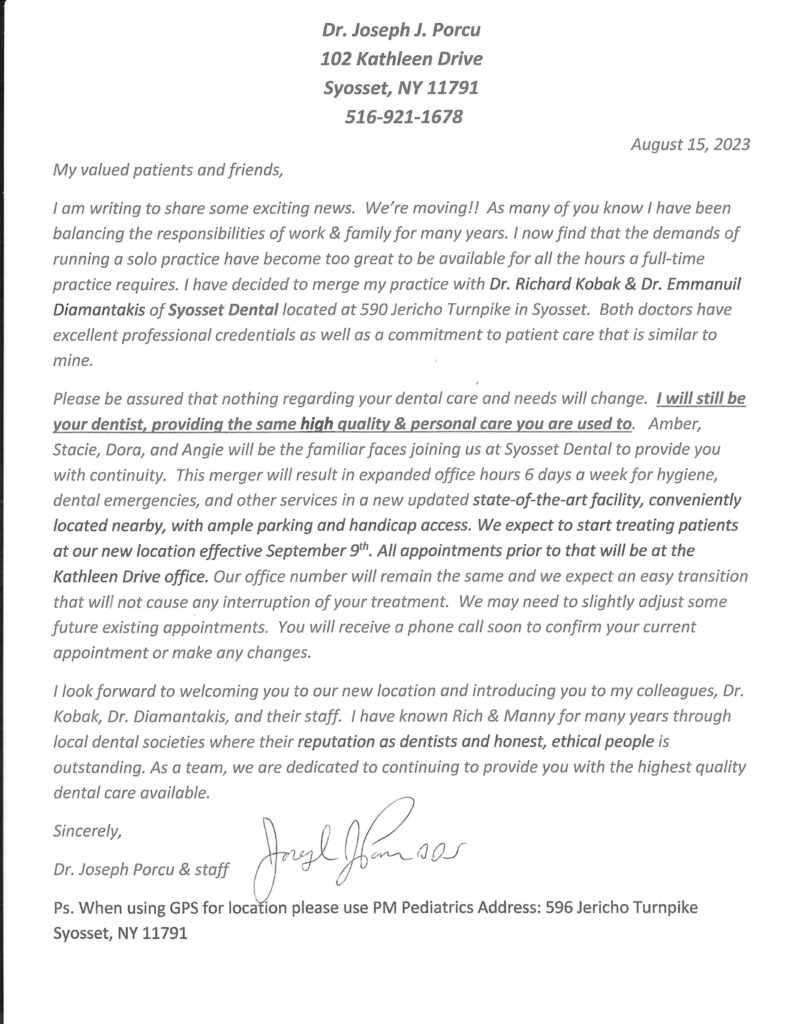 Restoring your dental health can often involve addressing a number of equally important issues that must be resolved as soon as possible. For the sake of time, and to reduce the amount of treatments that your smile must endure, addressing your smile as a whole is typically the preferable solution. If you have several teeth (or other dental issues) that must be tended to simultaneously, then full-mouth rehabilitation may be the best way to rebuild your smile’s health, beauty, and functionality.
Restoring your dental health can often involve addressing a number of equally important issues that must be resolved as soon as possible. For the sake of time, and to reduce the amount of treatments that your smile must endure, addressing your smile as a whole is typically the preferable solution. If you have several teeth (or other dental issues) that must be tended to simultaneously, then full-mouth rehabilitation may be the best way to rebuild your smile’s health, beauty, and functionality.
What Full-Mouth Rehabilitation Entails
While full-mouth reconstruction (or rehabilitation) can address a number of issues at once, it is not a blanket, cure-all solution. If your single dental issue is minor, such as teeth stains, then you should opt for a less extensive procedure, such as professional teeth-whitening or dental bonding. However, if your smile exhibits one or more of the following dental issues, then your mouth may require reconstruction;
- Severely worn teeth resulting from bruxism
- Chronic headaches, earaches, and pain in the jaw and facial muscles
- Tooth loss from traumatic injury or advanced dental disease
- Faulty dental work that threatens your oral health
- Poor dental health, such as advanced tooth decay and/or gum disease
Comprehensive Dental Restoration
Regardless of the specifics, the first step to a renewed smile is determining that its foundation is secure. This involves a thorough examination of your gum tissue to ensure that it is free of disease. If not, then personalized periodontal therapy may be necessary before you can continue.
Once your gums are healthy and secure, your dentist may recommend replacing lost teeth, if necessary, preferably with one or more dental implants. To complete your smile makeover, you may also require one or more minor cosmetic or restorative procedures to place the finishing touches on your new, beautiful, and healthy smile.











